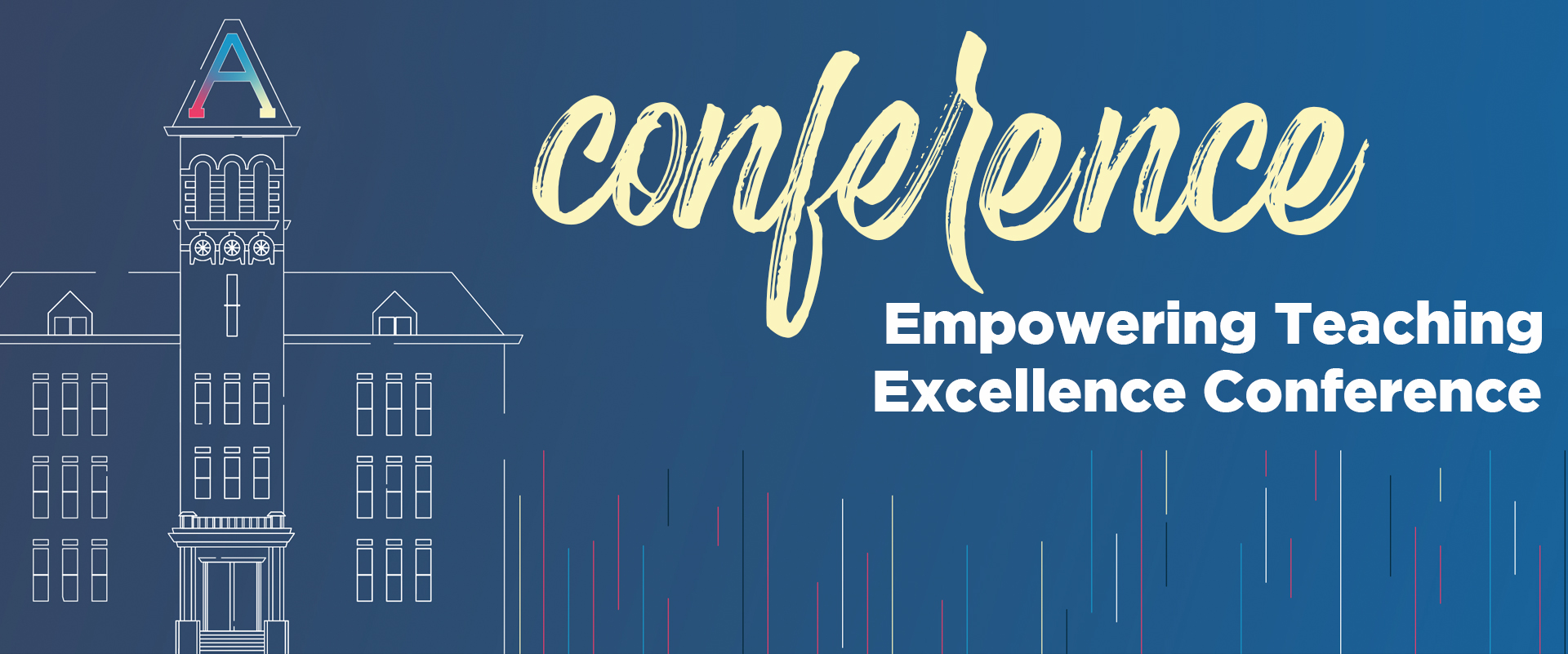Redefining Course Success: Moving STEM Students' Focus Away From Grades and Towards Learning
Loading...
Start Date
8-16-2023 11:00 AM
Description
Students in STEM are often grade-driven, despite evidence of poor correlations between grades and professional success. Students who are overly-motivated by grades are more likely to ignore written feedback, take fewer risks, and try to maximize course marks while minimizing course effort. Many instructors have experienced the frustration of assigning partial credit for mediocre submissions, only to have students ignore the actual feedback in an effort to grade-grub. Further, many multi-section courses struggle imposing consistency in grades across sections. This session presents examples of course structures and assignments that shift focus from points optimization towards actual learning. The presenters will share their experiences of what methods worked (or did not work) for their courses, followed with time for questions and discussion. While this session is aimed at application to STEM courses, the methods presented were borrowed from pioneers in other fields and have broad applications to higher education.
Creative Commons License

This work is licensed under a Creative Commons Attribution 4.0 License.
- Captions File
Redefining Course Success.txt (39 kB)
- Transcript File
Redefining Course Success: Moving STEM Students' Focus Away From Grades and Towards Learning
Students in STEM are often grade-driven, despite evidence of poor correlations between grades and professional success. Students who are overly-motivated by grades are more likely to ignore written feedback, take fewer risks, and try to maximize course marks while minimizing course effort. Many instructors have experienced the frustration of assigning partial credit for mediocre submissions, only to have students ignore the actual feedback in an effort to grade-grub. Further, many multi-section courses struggle imposing consistency in grades across sections. This session presents examples of course structures and assignments that shift focus from points optimization towards actual learning. The presenters will share their experiences of what methods worked (or did not work) for their courses, followed with time for questions and discussion. While this session is aimed at application to STEM courses, the methods presented were borrowed from pioneers in other fields and have broad applications to higher education.


